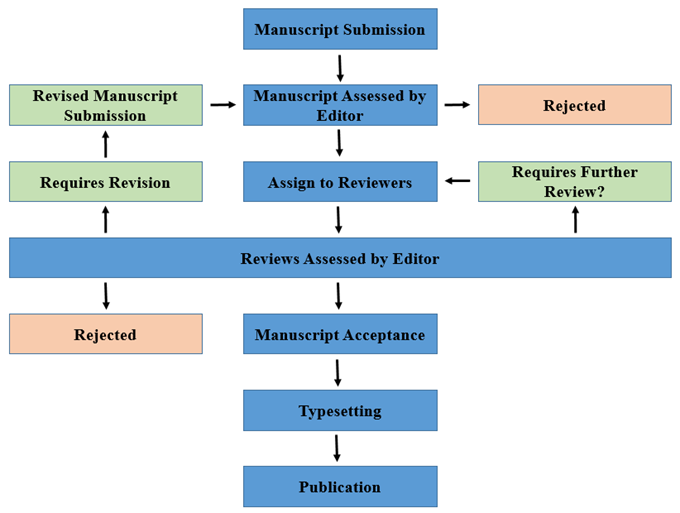About the Journal
Focus and Scope
The Journal of Innovative Technology Convergence (JITC) focuses on the convergence of the broad spectrum of information and communications technology (ICT) into the development of various applications in different fields.
The following are the general topic categories for innovative technology convergence:
- Augmented and Virtual Reality
- Business Management and Financial Applications
- Cloud Computing
- Education and Social Sciences
- Healthcare and Medicine
- Industrial Applications
- Information Security and Risk Assessment
- Intelligent Information Processing
- Information Systems and Services
- Multimedia Systems and Semantic Web
- Next Generation Communications and Networking
- Software Development and Applications
- Transportation Systems
Publication Schedule
In 2019 - 2023, the journal issues are published biannually, every last day of June and December.
In 2024, the journal issues are published quarterly, every last day of April, June, September, and December.
Abstracting and Indexing
- Crossref DOI
- Google Scholar
Editorial Policy
JITC is committed to fair and ethical consideration of all research articles and Authors. All submitted articles and papers will be peer-reviewed and selected on the basis of both their quality and relevance to the scope of this Journal. The Editors are responsible for maintaining the highest possible standards in evaluating article and paper contributions to JITC. They are also responsible for upholding the integrity of the Journal, and evaluating the submitted articles and papers based solely on their scientific merit without regard to the Authors’ race, gender, nationality, religion, or institutional affiliation.
See the Publication Ethics and Policies for more details.
Review Process
The implementation of a double-blind peer review is to guarantee that only respectable knowledge is published in the Journal. It is an objective procedure at the core of noble scholarly publication and is carried out by all reputable scientific journals. Submitted manuscripts will be reviewed in the manner customary with scientific journals before being accepted for publication. Upon receiving a manuscript, the Managing Editor and/or the Associate editor will examine whether the manuscript is out of the Journal’s scope or does not meet the basic criteria for a journal article, it will be immediately rejected without further review (please note that this process may take time to complete due to a large number of submissions). Other members of the Editorial Board may be consulted by the Editor when in doubt. Otherwise, the Editor-in-Chief will solicit reviews from three external referees. In this case, both the Authors' and Reviewers' names and affiliations are not disclosed during the review process. Based on the reviews, the Editor will make the decision on manuscript acceptance, or solicit additional reviews if the decision is unclear.
The review consists of 6 components: (1) originality, (2) technical soundness, (3) significance, (4) clarity of presentation, including the style and language, (5) relevance to the JITC journal, and (6) length (relative to the useful contents of the paper).

Open Access Policy
The JITC provides open access to its contents making published papers freely available online to the public to support a global exchange of knowledge through research and academic activities. Visit “Archives” to access all manuscripts published in this Journal.
The copyright is retained by Authors and published manuscripts are freely distributed under the terms of the Creative Commons Attribution-NonCommercial 4.0 International License, permitting others to copy, remix, distribute, edit, adapt, and build upon noncommercially, provided that the original work, published in this Journal, is properly cited, all within the boundaries of copyright law. When citing the JITC published manuscript, the complete bibliographic information such as authors, manuscript title, journal name, volume/issue, DOI, date of publication, a link to the original publication (URL), as well as the copyright and license information statement “Licensed under Creative Commons Attribution-NonCOmmercial 4.0 International License (CC-BY-NC 4.0)” must be included.



